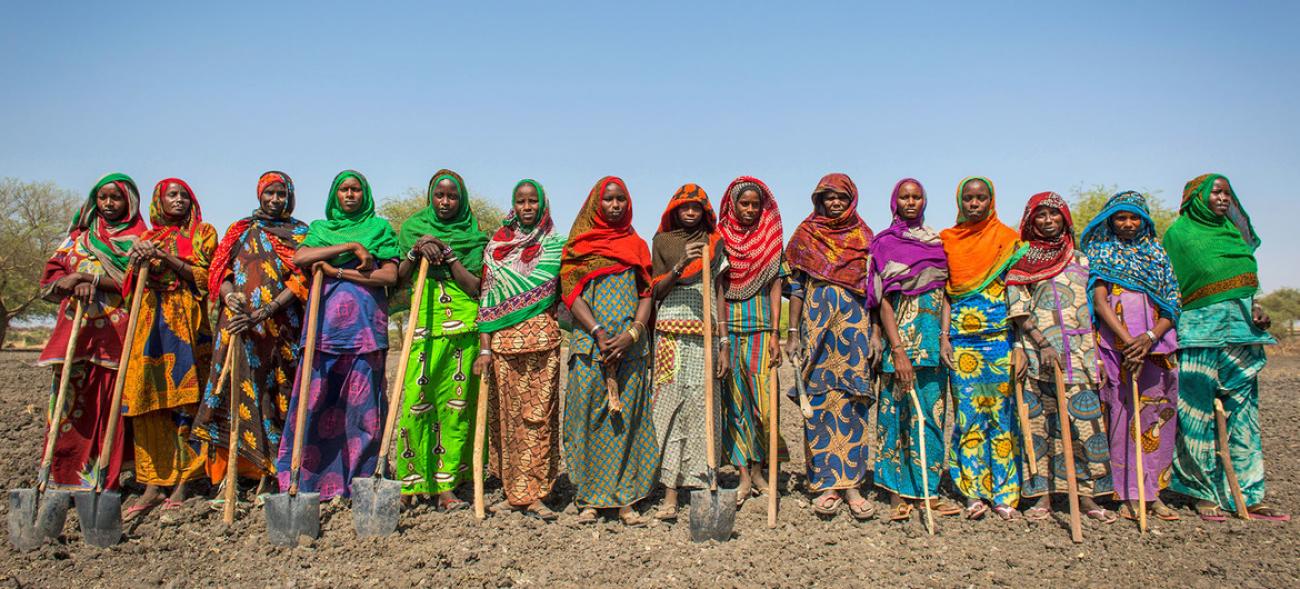Unless countries across the world act together now, the COVID-19 pandemic will cause “unimaginable devastation and suffering around the world”, UN Secretary-General António Guterres said on Thursday at a virtual high-level meeting on financing for development.
Painting a picture of 60 million pushed into extreme poverty; famine of “historic proportions”; some 1.6 billion people left without livelihoods; and a loss of $8.5 trillion in global output – the sharpest contraction since the Great Depression of the 1930s – he called for a response with “unity and solidarity”.
“We are asking for immediate, collective action in six critically important areas”, Mr. Guterres said at the online event to leverage more funds for sustainable development.
Beginning with the global liquidity crisis, he said that this was where the health and economic crises meet; “a dangerous nexus that could prolong and deepen both”, calling for extending Special Drawing Rights to supplement public spending reserves.
Noting that the economic fallout from the pandemic threatens a wave of defaults in developing countries, stymieing the effort to reach the 2030 SDGs, the UN chief’s second call was for “durable solutions on debt, to create space for investments in recovery and the Sustainable Development Goals”.
Next, he urged private creditors holding a growing share of developing countries’ sovereign debt to find incentives to encourage more creditors to provide debt relief.
Mr. Guterres then drew attention to external funding, saying that aligning incentives in global financial systems with the SDGs would boost confidence “to relaunch investment in sustainable development”.
Turning to illicit financial flow, such as tax evasion and money-laundering, which deprive developing countries of hundreds of billions of dollars annually, he said that “we must plug the leaks” by revising national systems and international frameworks.
The UN chief’s final point was the overarching need to “recover better” from the ravages of the coronavirus pandemic.
Stay the development course
COVID-19 has exposed and is exacerbating deep inequalities and injustices that need to be tackled, including for women, who, with typically fewer savings and lower incomes, experience economic impacts worse than men.
“All our efforts must go towards building sustainable and resilient pathways that enable us not only to beat COVID-19, but to tackle the climate crisis, reduce inequality and eradicate poverty and hunger”, underscored the UN chief.
He upheld that we must face these challenging and the corresponding dangers, with “all urgency, seriousness and responsibility”.
“Getting through COVID-19 and recovering better will cost money. But the alternative will cost far more”, concluded the Secretary-General. “This is a global crisis, and it’s up to all of us to solve it”.


















